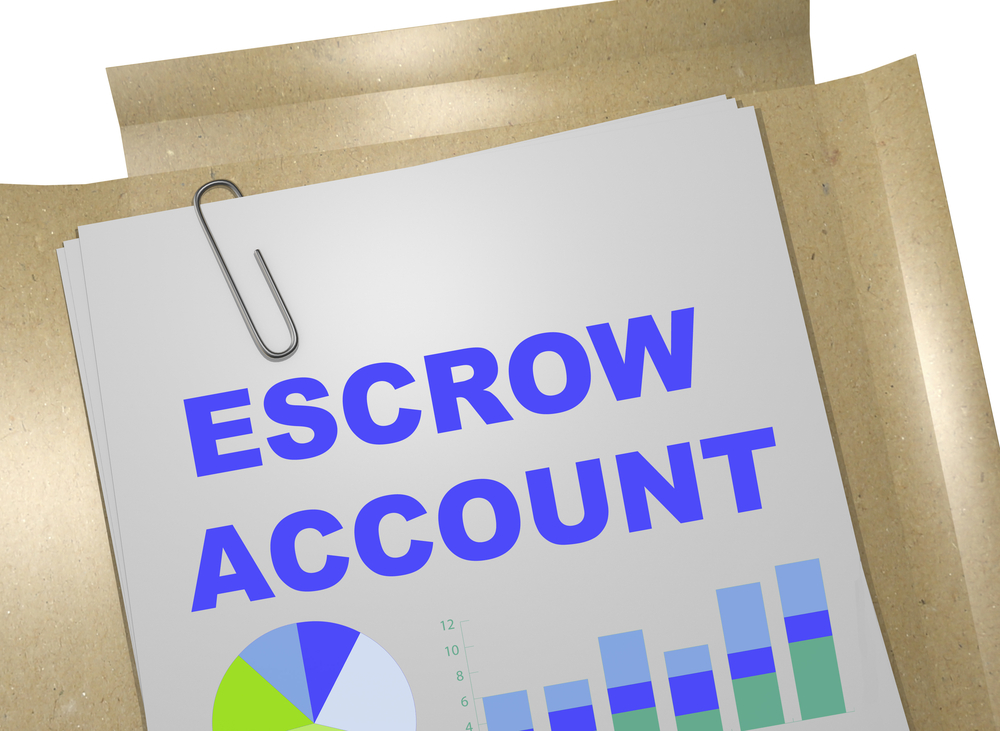Money related frauds are so rampant these days, they are almost normalised. Increasing popularity of digital modes of payment has acted as a catalyst for cybercrimes too. Monetary crimes and frauds regularly claim victims through a variety of means—be it online phishing, account hacking or transaction discrepancy. Microsoft’s 2021 Global Tech Support Scam Research report revealed that 7 in 10 consumers in India fell prey to scams in 2020. The most common payment methods used by these people were bank transfers, gift cards, credit cards and Bitcoin. Although everyone is in a bid to ensure that online transacting is a safe space for all, there is a rather simple and accessible solution that many stand unaware of.
Escrow is a contractual agreement between two or more parties who wish to carry out transactions with each other. An escrow mechanism involves a neutral party that holds the funds on behalf of the transacting parties for a more transparent and safe payment process. With technology overriding every traditional bricks and mortar resource, we now have digital escrow services that help you create accounts with a click. However, one may wonder about trusting an unknown solution. People have a tendency to bank on the commonplace to remain as risk-free as possible. To use an escrow is in-fact the best way to ensure trust and transparency in every transaction.
While opening an escrow account across any industry and/or use, a set of terms would be signed between the transacting parties. Each party would have to honor their end of the agreement for the transaction to be successful. To illustrate the process, consider a buyer and seller who don’t know each other. They would undoubtedly find it difficult to trust each other. The buyer may feel the seller would sell fake goods, and the seller may think the buyer would not pay the full amount. The trust gap is real and quite relevant, since everyone wishes to protect their interests. In this case, the buyer and seller can involve a neutral third party to help process their transaction. The escrow agent (or the digital escrow service provider) would be this neutral third party. The buyer and seller would get e-KYC clearance and form an agreement to open their digital escrow accounts. The buyer would deposit the seller’s payment in the escrow account and wait for delivery; the seller feels assured the due payment will be released according to terms of agreement. The goods delivered will be inspected by the buyer, and the payout will be initiated according to agreed terms. In this way, the interests of both parties are preserved.
Escrow accounts are commonplace abroad for ensuring safer transactions, but somehow this functionality has been passive in India for the longest time. This is perhaps attributed to the limited accessibility to escrow accounts and the time-consuming process of traditional escrow. Upcoming digital escrow platforms offer convenience, complete safety, and are much faster. The turnaround time is quicker, real-time updates of escrow transactions are offered, and funds are maintained in RBI-licensed banks along with the assurance of certified trusteeship companies.
The security this solution extends is unmatched, but there’s more value addition than we realise. Digital escrows are also a catalyst for growth—ensuring improved trust leads for improved credibility, which results in flourishing of businesses and the economy as a whole. It’s about time we make the switch to digital escrow as our go-to payment method to fast-track multi-faceted growth and establish an economy-wide trust-based transaction environment.
The writer is the co-founder of Castler
DISCLAIMER: Views expressed are the author's own, and Outlook Money does not necessarily subscribe to them. Outlook Money shall not be responsible for any damage caused to any person/organisation directly or indirectly.













